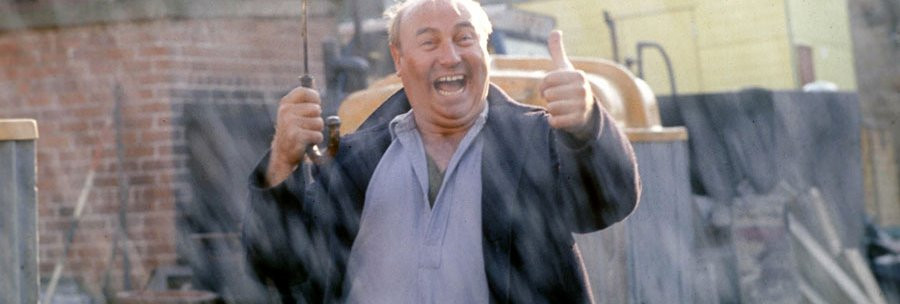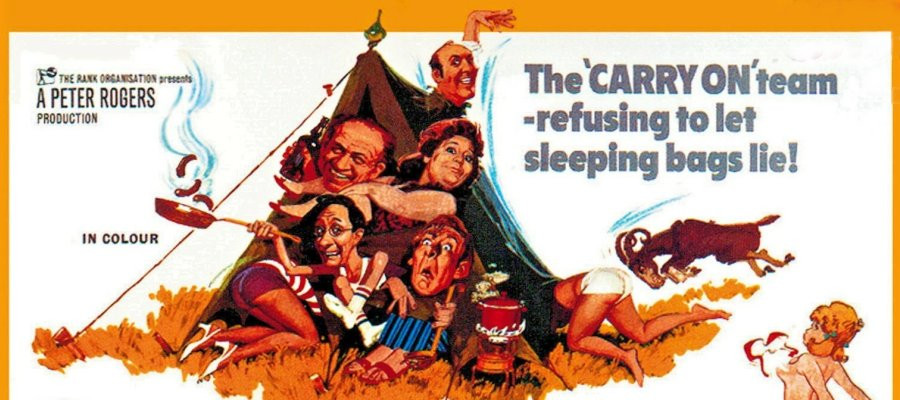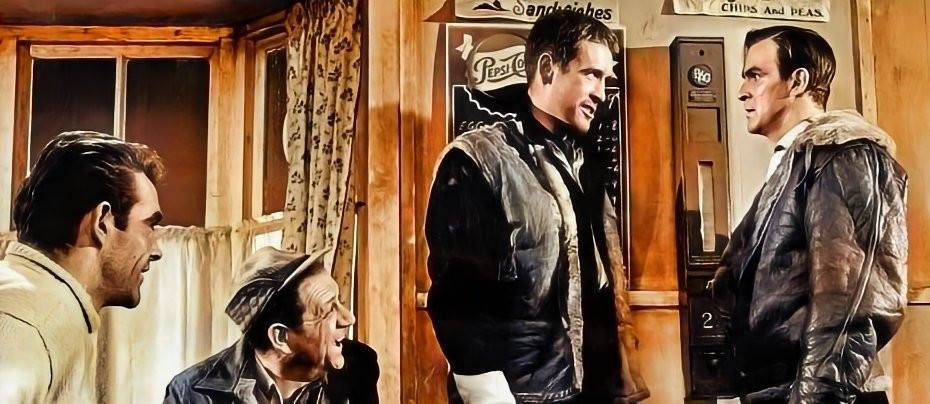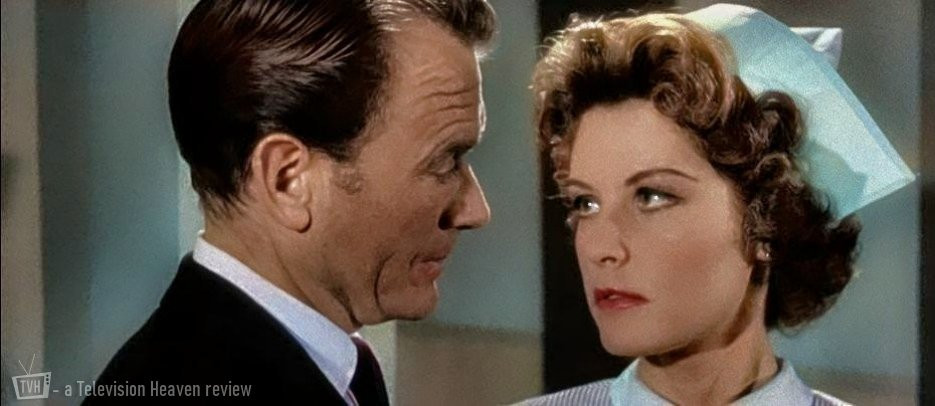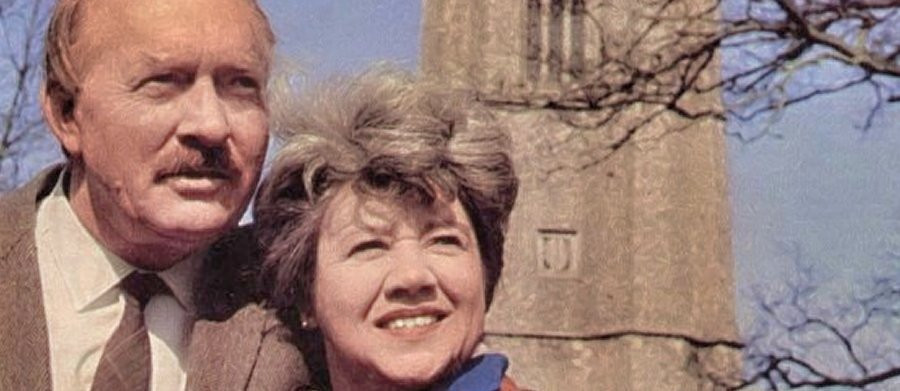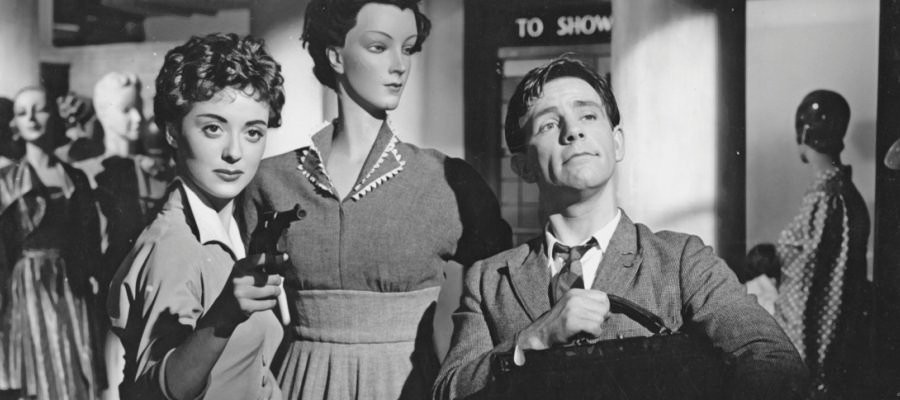
Trouble in Store
Review – Brian Slade
Norman Wisdom was one of those comedy giants who was instantly recognisable, frequently seen on television screens, but rarely found television to be a good vehicle for his skills. Nonetheless, the British public packed out theatres to watch him throw himself around the stage with his customary crafted physical comedy, and back in 1953 he burst into the nation’s consciousness with a BAFTA-winning big-screen role that transformed his career – Trouble in Store.
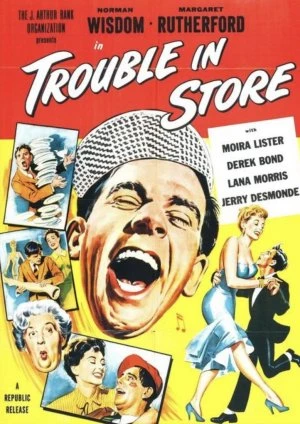
The persona Norman Wisdom became best known for was that of the downtrodden working man, clumsily bursting bubbles of pomposity through his well-meaning but inadvertent foolishness. Rank Organisation signed him up for a seven-year deal in 1952 at a time when they had no tolerance for any failure, such was their perilous financial situation. They turned to director John Paddy Carstairs to gamble on the untried physical clown’s ability to hold an entire movie and bring in the crowds and the result was a roaring success.
In this, Wisdom’s first starring vehicle, his character is simply known as Norman – Pitkin, the name that would attach itself to his characters would come in subsequent movies. Norman is one of life’s innocents, and in the opening scene we see him seemingly queueing in traffic alongside the open-top limousine belonging to a man we would soon discover to be his boss, Augustus Freeman (Jerry Desmonde). When the traffic policeman beckons them forward, Freeman is driven away and we see that far from being a successful city worker himself, Norman is actually just perched on his bicycle. When they come to a halt at the next junction, Norman irritates his boss by leaning on his car while he waits, Freeman swatting at Norman with his gloves until the traffic flows once more, Norman falling to the ground and getting yelled at by the buses behind him. In one brief scene, Wisdom’s character for subsequent decades is basically set – trying to achieve something seemingly beyond his class in the face of adversity and social class discrimination.
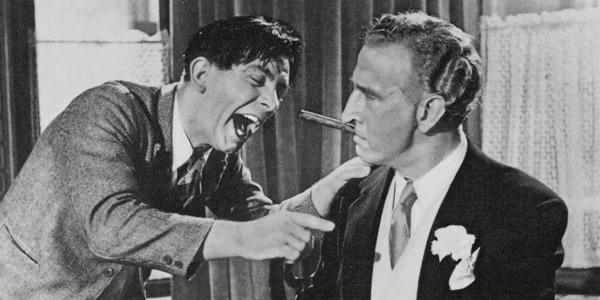
Norman works for Burridges, a high-end department store in London. Mr Freeman has just taken over as General Manager, and he wants to meet his staff – starting with whoever might be the lowliest partner of the store, who is of course Norman. Norman works in the stock room, with his only ally in Miss Gibson (Megs Jenkins) who mothers him through his hapless days. Norman pines for Lana Morris (Sally Wilson), who works in the Burridges Recording Studio, but hardly knows he exists. His summons to the new manager’s office is seen as a chance to get promoted to window dresser, an accolade bound to put him on the radar of the girl he admires so.
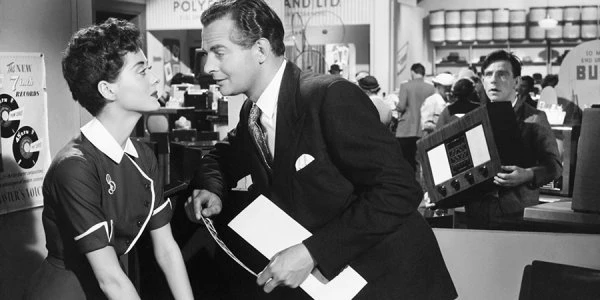
Norman’s meeting with the new boss is a disaster. Not realising who Freeman is, he manages to cause chaos with dress orders, steal cigars and soak his boss with a soda syphon before being subsequently fired. Fortunately for him, as he leaves the store Norman runs into Miss Bacon (Margaret Rutherford) who we have seen stealing anything and everything from Burridges. As they encounter Freeman at the store entrance, she commends Norman on his behaviour, so Freeman reinstates him with the incentive of promotion should he do a good job in the stock room.
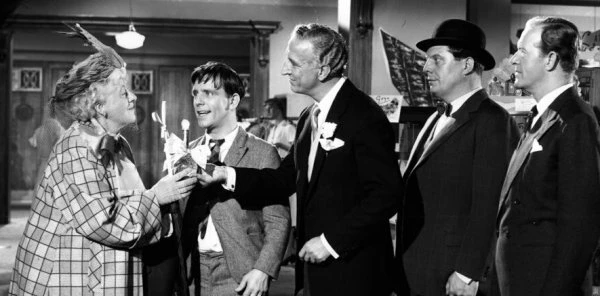
Norman manages to be fired once again when a misunderstanding leads to him having a smashing time with crockery and a rival dresser in a shop window, attracting a crowd in the streets outside. He’s reinstated once again when newspapers consider the display to have been a master stroke. What follows is a series of scenarios that demonstrate Wisdom’s slapstick skills, and we are treated to the first airing of what would become the signature tune of his career in Don’t Laugh at Me when he finally gets to spend some time with Sally.
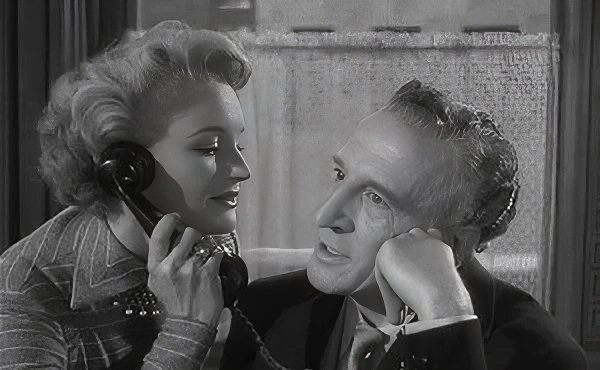
A subplot to Norman’s escapades is the dubious intent of Freeman’s secretary, Peggy Drew (Moira Lister) as she attempts to engineer a raid on the store with a number of staff and her womanising other half Gerald (Derek Bond) whose wandering eye also drifts in the direction of Sally. When Norman finds Gerald making his move on Sally, he manages to get his address and stumbles into plans for the crime. The climax of the film is Norman, now fired once again, looking to foil the plan on the day of the big sale Freeman has arranged.
Trouble In Store was a huge success at the box office and a career-defining moment for Norman Wisdom. He won a BAFTA for most promising newcomer and the song Don’t Laugh at Me became a top 10 hit, staying in the charts for 15 weeks. It was written by Wisdom himself, even if he did have to trick Carstairs into using it for the film, Carstairs believing that since Norman was the star and had been reworking the script, adding his own song would be a step too far. Norman instead persuaded a piano player to pitch it, Carstairs agreeing to use it in the films before the truth was revealed.
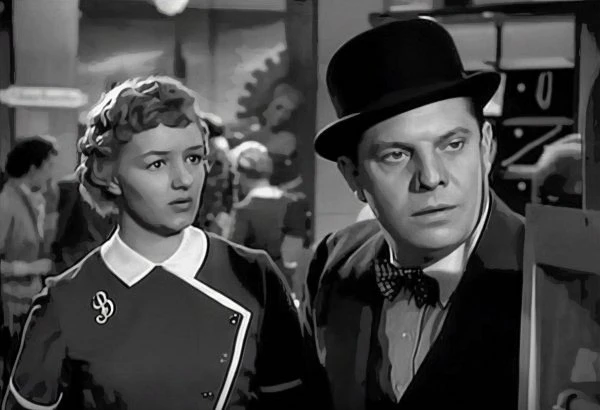
There’s lots to like about Trouble in Store. A dance scene at a Burridges dinner includes a pacy interlude that would be used when Wisdom and Bruce Forsyth famously hosted Sunday Night at the London Palladium entirely on their own due to strikes, and there’s also an early appearance from Joan Sims, along with the delightful kleptomaniac cameo from Rutherford.
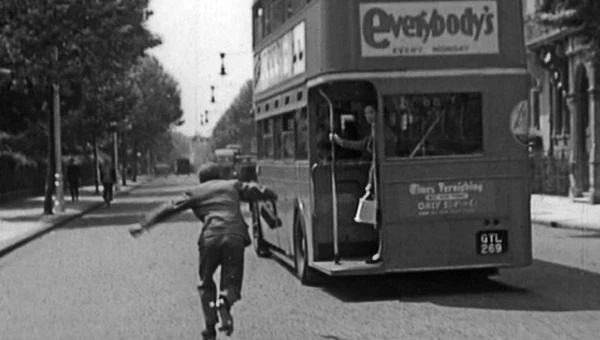
Norman’s talent for playing the hapless underdog would go from strength to strength. In Trouble in Store, we see multiple incidences of his talent for physical comedy, including a scene that sees him following a London Bus while out of control on roller skates. Little wonder then that he was first to be offered the role of Frank Spencer in Some Mothers Do ‘Ave ‘Em, a role that he turned down. Spencer in the hands of Michael Crawford would of course famously hang on to the back of a bus while on roller skates too, getting articulated before ending upside down in a baby store!

Wisdom’s subsequent films would cement his reputation among cinema goers and his persona as the downtrodden but loveable fool would stay with him on stage and screen for the rest of his career, and while television never fully captured his magic, Trouble in Store was a glorious introduction to the talents of Norman Wisdom.
Published on April 22nd, 2025. Written by Brian Slade for Television Heaven.


